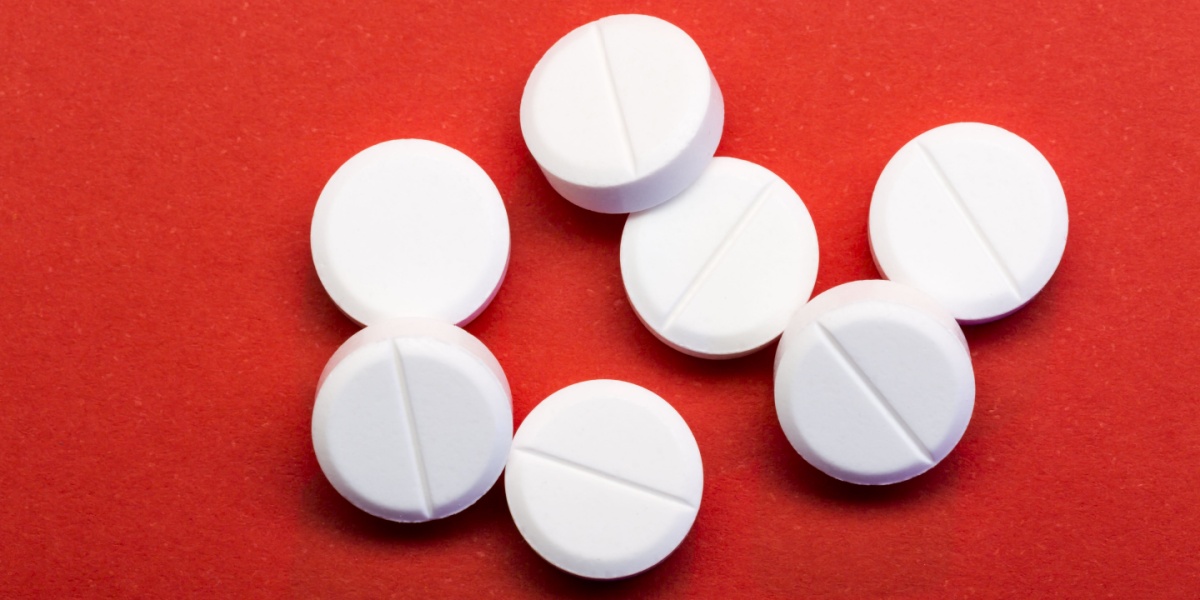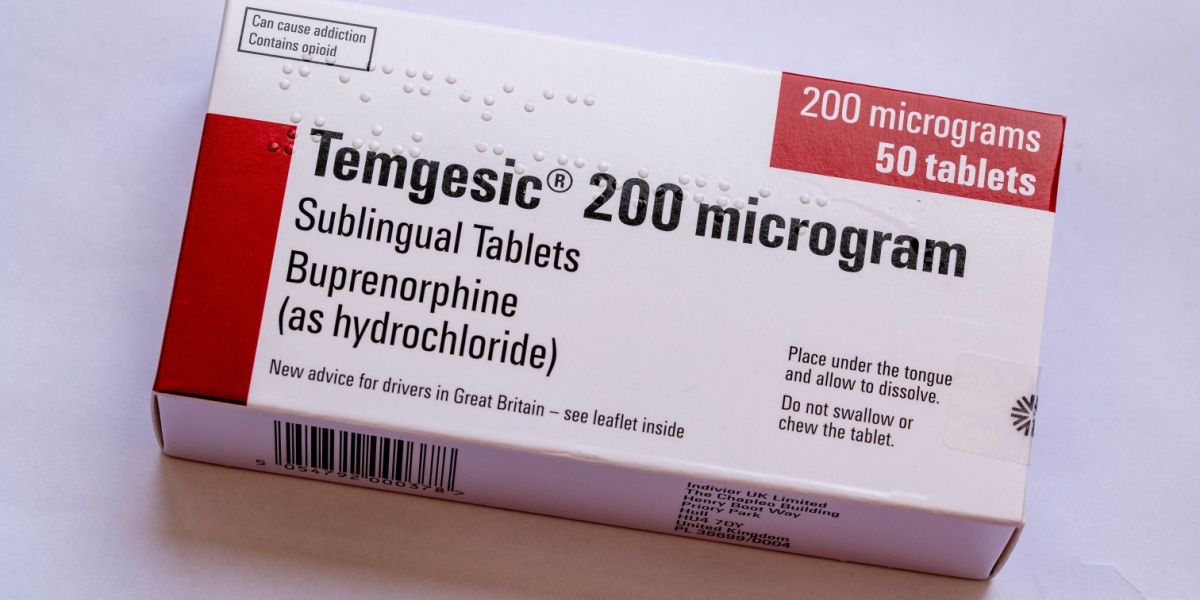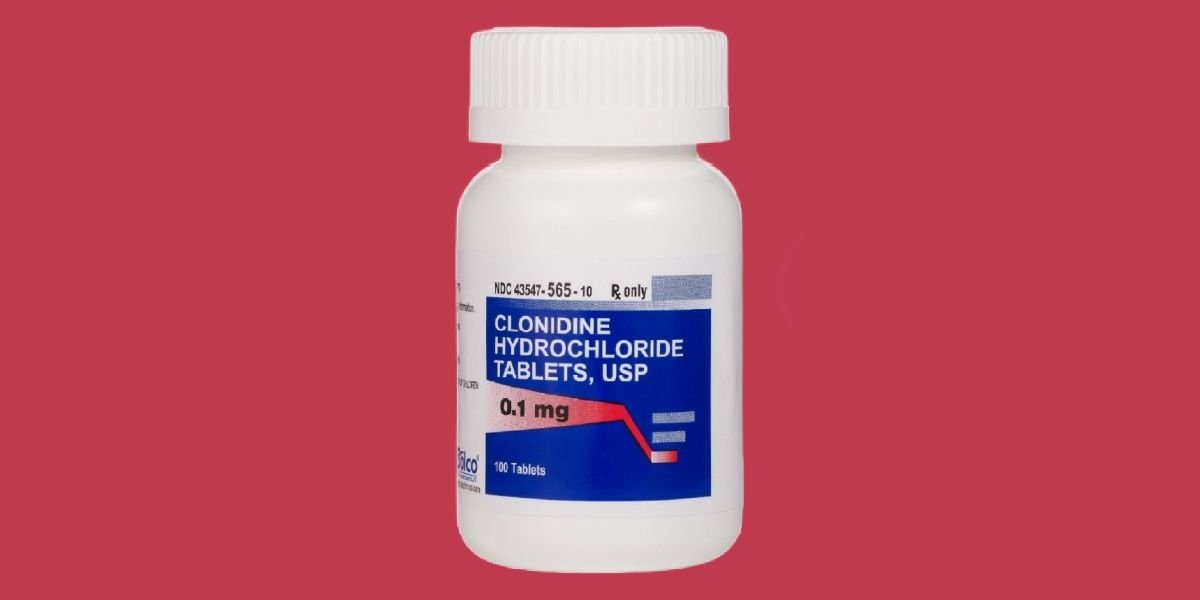Antabuse is a medication used to treat alcohol addiction. It causes unpleasant effects if alcohol is consumed during treatment, which can help people to stop drinking. It can be effective when used alongside psychological interventions and should be taken as prescribed to prevent adverse effects.

What is Antabuse?
Antabuse is a brand name for disulfiram, an alcohol antagonist. It is one of three medications approved by the Food and Drug Administration (FDA) for use in the treatment of alcohol use disorder (AUD), along with acamprosate and naltrexone. Disulfiram is often not the first choice of medication for this purpose and is typically used as a second-line treatment. [1][2]
Disulfiram has been approved to treat AUD since 1951 and is typically used alongside therapy. The medication causes unpleasant side effects when alcohol is consumed, thereby acting as a deterrent, to help people stop drinking. [3]
How does Antabuse work?
Antabuse blocks an enzyme called aldehyde dehydrogenase (ALDH), which is involved in alcohol processing. The body metabolizes alcohol into acetaldehyde, which is then broken down into acetic acid. [1][4]
By blocking the ALDH enzyme, the oxidation of alcohol into acetic acid is prevented. This results in a 5-10 times higher concentration of acetaldehyde in the blood than would usually occur with alcohol consumption. [3]
This increased concentration causes several unpleasant effects, including: [3][5]
- Flushing
- Nausea
- Thirst
- Rapid heartbeat
- Sweating
- Headaches
- Chest pain
- Changes in breathing rate
- Anxiety
- Confusion
These effects are known as the disulfiram-ethanol reaction and often discourage individuals from drinking alcohol as they are so unpleasant. [1]
Antabuse for alcohol use disorder
Antabuse has been used as a treatment for alcohol addiction for decades. It is available as a tablet in varying strengths, between 250mg and 500mg. A typical daily dose of Antabuse is no higher than 500mg and it is taken just once per day. Tablets can be swallowed whole or dissolved in a soft drink, such as water, milk, or juice. [5]
Before commencing Antabuse treatment, the individual should have abstained from alcohol for at least 12 hours, as the disulfiram-ethanol reaction may occur if any alcohol remains in the body. [2]
In the past, individuals would be advised to experience this reaction at the start of Antabuse treatment, to understand the full effects of the medication, although this is no longer recommended. However, they should be informed of these effects and the potential dangers of consuming alcohol while on this medication. [1]
The effects caused by the reaction between alcohol and Antabuse can be very unpleasant, therefore discouraging the individual from drinking. However, Antabuse does not prevent cravings or withdrawal symptoms and cannot treat the psychological or behavioral aspects of alcohol addiction. [1][2]
As such, treatment for AUD should include psychological intervention alongside Antabuse or other medications. Antabuse can be used as a short-term or long-term treatment for AUD. [6]
Other uses for Antabuse
Antabuse may also be prescribed for cocaine use disorder. It works by impacting the conversion of dopamine into noradrenaline, which leads to an increased amount of dopamine. Levels of dopamine are often reduced by the excessive use of cocaine and the development of dependence, so Antabuse can help manage this, thus helping people to reduce and stop cocaine use. [1][7]
Ongoing studies are investigating additional uses of disulfiram, including for fungal infections, malignancy, and cancer treatment. [8][9]
How effective is Antabuse?
Antabuse can be an effective treatment for many individuals who wish to stop drinking, are completely aware of the effects of the medication, and are engaged in psychological interventions. If the individual is not willing to stop their alcohol consumption and engage in treatment, it is unlikely to be successful and may cause adverse effects. [1]
Studies show that Antabuse is an effective treatment for individuals with alcohol use disorder who want to stop drinking and maintain abstinence. Often, taking Antabuse for a longer period results in more successful outcomes, as this can help prevent addictive behaviors and form new habits. [3][10]
However, some studies have shown that Antabuse is not effective for all. Outcomes may vary depending on the severity of the alcohol dependence, duration of Antabuse treatment, and use of additional interventions. [3][4]
Antabuse is unlikely to be an effective treatment when used alone and should be utilized alongside therapy, such as cognitive behavioral therapy (CBT), to manage the psychological and behavioral aspects of the addiction. [1][4]
Antabuse side effects
Antabuse can cause some side effects when starting treatment. These side effects should be alleviated on their own within a short time, but if they persist or become problematic, it may be necessary to change medication.
Common side effects of Antabuse include: [1][2][5]
- Drowsiness
- Fatigue
- Headache
- Rash
- Acne
- Sexual dysfunction
- Metallic or unusual taste in the mouth
In some cases, severe side effects can occur when taking Antabuse. If any of the following side effects occur, contact a doctor immediately: [2][5]
- Extreme tiredness or fatigue
- Severe weakness or lack of energy
- Loss of appetite
- Vomiting
- Diarrhea
- Stomach pains
- Yellowing of the skin or eyes
- Very dark urine
- Psychosis
Things to avoid while taking Antabuse
While taking Antabuse, it is important to avoid consuming alcoholic beverages or products that contain any amount of alcohol. Antabuse should not be used within 12 hours of consuming any type of alcohol and alcohol should be avoided for at least 14 days after stopping Antabuse treatment. [5]
Some products that individuals on Antabuse should not consume, inhale, or be exposed to include: [5][6]
- Paint
- Paint thinner
- Varnish
- Some lotions
- Certain perfumes or aftershaves
- Mouthwash
- Cough medicines
- Vinegar
- Certain desserts
- Kombucha
- Some sauces
- Non-alcoholic beer and wine (often contain small traces of alcohol)
The disulfiram-ethanol reaction that occurs when combining alcohol and Antabuse typically produces unpleasant but not dangerous effects. However, in some cases, severe or even fatal effects might occur, including respiratory depression, heart issues, convulsions, and loss of consciousness. As such, it is advised to avoid alcohol completely while taking this medication. [6]
Precautions
Some people may be unable to take Antabuse safely or may require careful monitoring while using the medication. This can include: [2][5]
- People who are pregnant. In some cases, Antabuse may be a necessary treatment if the benefits outweigh the risks.
- People with a history of heart, liver, or kidney conditions, diabetes, thyroid issues, seizure conditions, head injury, or psychosis.
- People who have had an allergic reaction to disulfiram in the past.
Some medications can interact with Antabuse and may cause adverse effects, including metronidazole, paraldehyde, phenytoin, or warfarin. Always discuss medications with the prescribing doctor before starting a new treatment. [1][2]
Does insurance cover Antabuse?
Most insurance providers will include Antabuse (or generic disulfiram) within their plans, as it can be deemed a necessary treatment for AUD. It is recommended to check with your insurance provider before starting treatment, as out-of-pocket costs may vary depending on your plan and healthcare provider. [11]



-guide-detail.jpg?v=1756808727)
